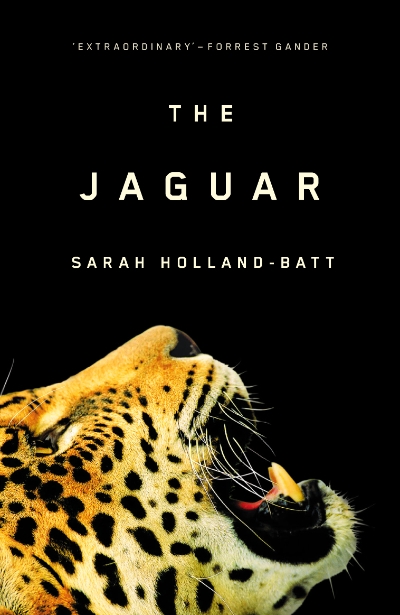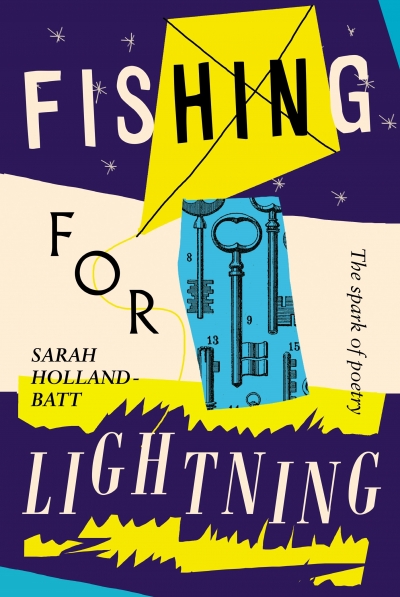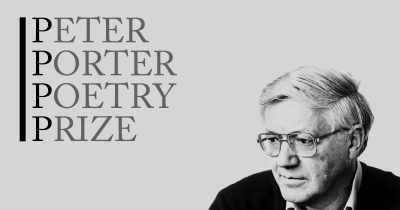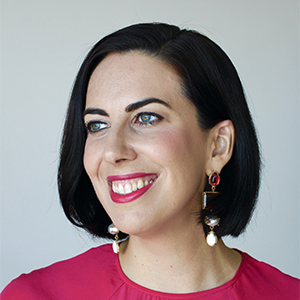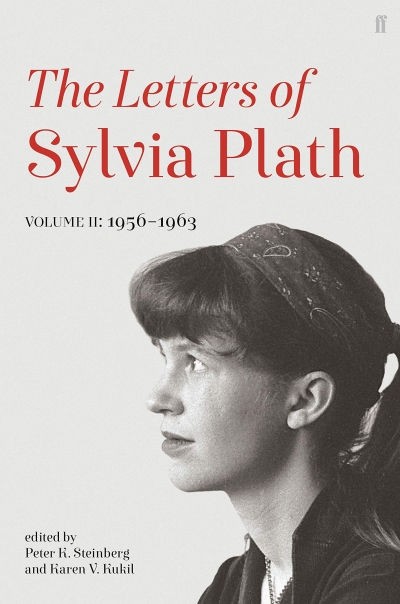Accessibility Tools
- Content scaling 100%
- Font size 100%
- Line height 100%
- Letter spacing 100%
Sarah Holland Batt
The ABR Podcast
Released every Thursday, the ABR podcast features our finest reviews, poetry, fiction, interviews, and commentary.
Subscribe via iTunes, Stitcher, Google, or Spotify, or search for ‘The ABR Podcast’ on your favourite podcast app.
The red thread: Xi Jinping’s ideology of power
by Neil Thomas
This week on The ABR Podcast, Neil Thomas reviews On Xi Jinping: How Xi’s Marxist Nationalism is shaping China and the world by Kevin Rudd. Thomas explains that even China watchers find it hard to be clear on the thoughts and plans of the leader of the Chinese Communist Party. They disagree, he tells us, on basic, critical questions, such as for how long Xi will rule. ‘Enter Kevin Rudd’, Thomas writes. ‘In his latest book, former prime minister Kevin Rudd adds a worthy new chapter to his life of public service, digesting thousands of pages of “Xi Jinping Thought” so that you do not have to’. Neil Thomas is a Fellow on Chinese Politics at Asia Society Policy Institute’s Center for China Analysis in Washington DC. Here is Neil Thomas with 'The red thread: Xi Jinping's ideology of power' by Neil Thomas, published in the December issue of ABR.
Recent episodes:
Beside the fountain’s troupe of sun-bleached rubber ducks, / in the gardens, under a shade sail, / my father is crying about Winston Churchill. / Midway through a lunch of cremated schnitzel ...
... (read more)Fishing for Lightning: The spark of poetry by Sarah Holland-Batt
In the garden, my father sits in his wheelchair / garlanded by summer hibiscus / like a saint in a seventeenth-century cartouche. / A flowering wreath buzzes around his head – ...
... (read more)To hell with what you think of me.
I’ve started drinking martinis at three.
I wake, I walk, I write, I sleep.
I snooze the alarm. I doze. I read.
As my plane drops down in turbulence
I think of you and of Salt Lake City,
I think of ice stealing over the Great Lakes
and of Omaha and of adamant plains.
... (read more)

